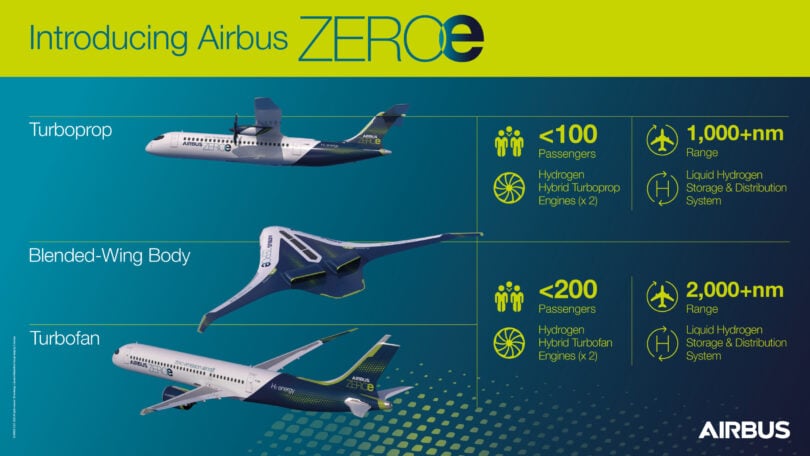Hamburg Airport has taken the next major step toward becoming a hydrogen center in the general aviation industry.
The “Baltic Sea Region Project” initiated by Hamburg Airport will receive financing in the “Green Mobility” category as part of the EU’s Interreg Baltic Sea Programme.
The project’s goal is to use hydrogen-powered light aircraft to connect rural Baltic Sea locations to current aviation hubs.
The “BSR Hydrogen Air Transport – Preparation of Baltic Sea Region Airports for Green Hydrogen” project is set to begin in November 2023.
In addition to Hamburg Airport, the project will run around three years and will involve 16 project partners and 24 related organizations.
The project budget is up to 4.8 million euros, with Hamburg Airport receiving approximately 1.1 million euros. The project partners anticipate that the EU will pay approximately 80% of the project.
The “Baltic Sea Region Project” includes the construction of a supply chain for green, gaseous hydrogen, from production through the fueling of aircraft or airport ground equipment, as well as test operations.
Almost all of the major airport operators in the Baltic Sea region are involved in the cooperation, including Finavia, Swedavia, Lithuanian Airports, Riga Airport, and Tallinn Airport.
Hamburg Airport, the partnership’s lead partner, began the project development and application. Several smaller airports and regional carriers are also participants in the alliance, which aims, among other things, to revitalize regional air traffic.
Partners or affiliated organizations include relevant technology providers, institutions, and governments.
Sylt Airport, Sylt Air, Lübeck Air, and Lübeck Airport are project partners in Germany. In addition, the following organizations are affiliated with it: the Ministry of Economics, Transport, Labor Technology, and Tourism of the State of Schleswig-Holstein (MWVATT), Hamburg Aviation e.V., ZAL Zentrum für Angewandte Luftfahrtforschung, and the Hamburg Authority for Economics and Innovation (BWI).
Hydrogen by a future engine, particularly for tiny aircraft. These are exciting times for aviation’s future.
Hamburg recently announced a collaboration with Rotterdam The Hague Airport on a flight connection for hydrogen-powered aircraft, and now the Baltic Sea Region Project has been approved.”
It is no coincidence that Hamburg Airport is a driving force behind innovation.
As an airport, HAM has set the goal of reducing our CO2 emissions to zero by 2035 and completely foregoing compensation.
Jan Eike Hardegen, Hamburg Airport’s Head of Environment said:
“Hydrogen has enormous potential for carbon-neutral short-haul flights.”
“General aviation, with smaller, future hydrogen-powered aircraft, is particularly suited to this application.”
Gaseous hydrogen is the future propulsion, particularly for smaller general aviation aircraft such as turboprops with 20-30 seats.”
According to demand, these aircraft can also be utilized to connect more rural areas of Baltic Sea countries.
As a result, the principal purpose of the recently launched “Baltic Sea Region Project” is to power hydrogen-powered air transportation in the Baltic Sea region.
A genuine H2 demonstration flight from Hamburg is planned.
The project’s goal is to define the requirements for airport infrastructure targeted toward H2-powered aircraft. By the end of the project, all airports should be ready to invest in and implement their own infrastructure projects.
A real demonstration flight with a hydrogen-powered aircraft from Hamburg Airport is planned towards the end of the project time.
Hamburg Airport hopes to test the general aviation capabilities of H2 technology with this initiative. In addition to this facet of development, an entirely new network of flight connections will be established.
Hamburg Airport’s climate policy “Net Zero 2035 intends to cut the airport city’s greenhouse gas emissions to zero by 2035, making it the first major airport in Germany to accomplish so.
Furthermore, Hamburg Airport assists aviation traffic on its road to a CO2-free future.
Net Zero 2035’s objectives include active support for research and development: the “Baltic Sea Region Project” is one example of how alternative propulsion alternatives might enhance aviation in the realm of climate-friendly flying.
(eTN): Flying Hydrogen? Hamburg Airport is Calling | re-post license | post content























